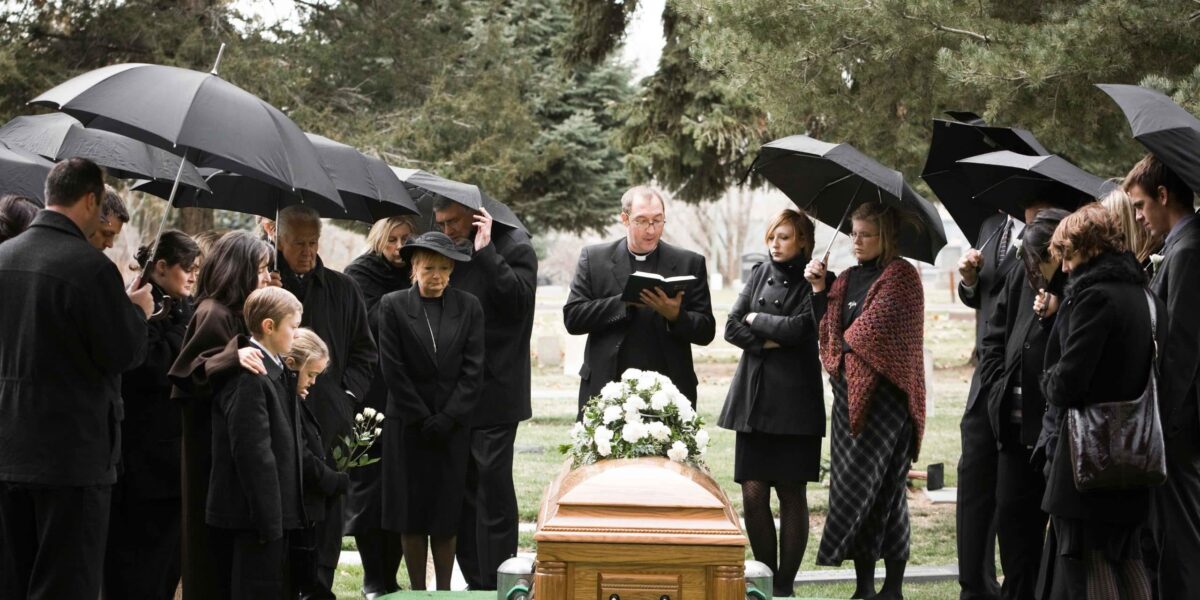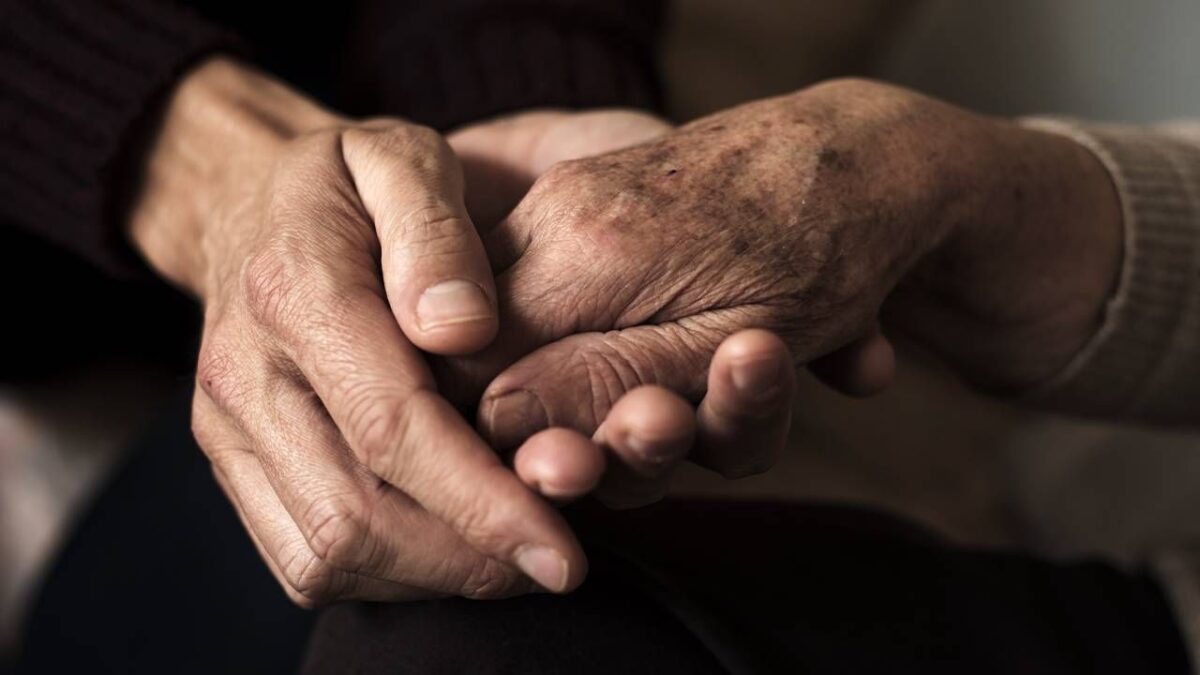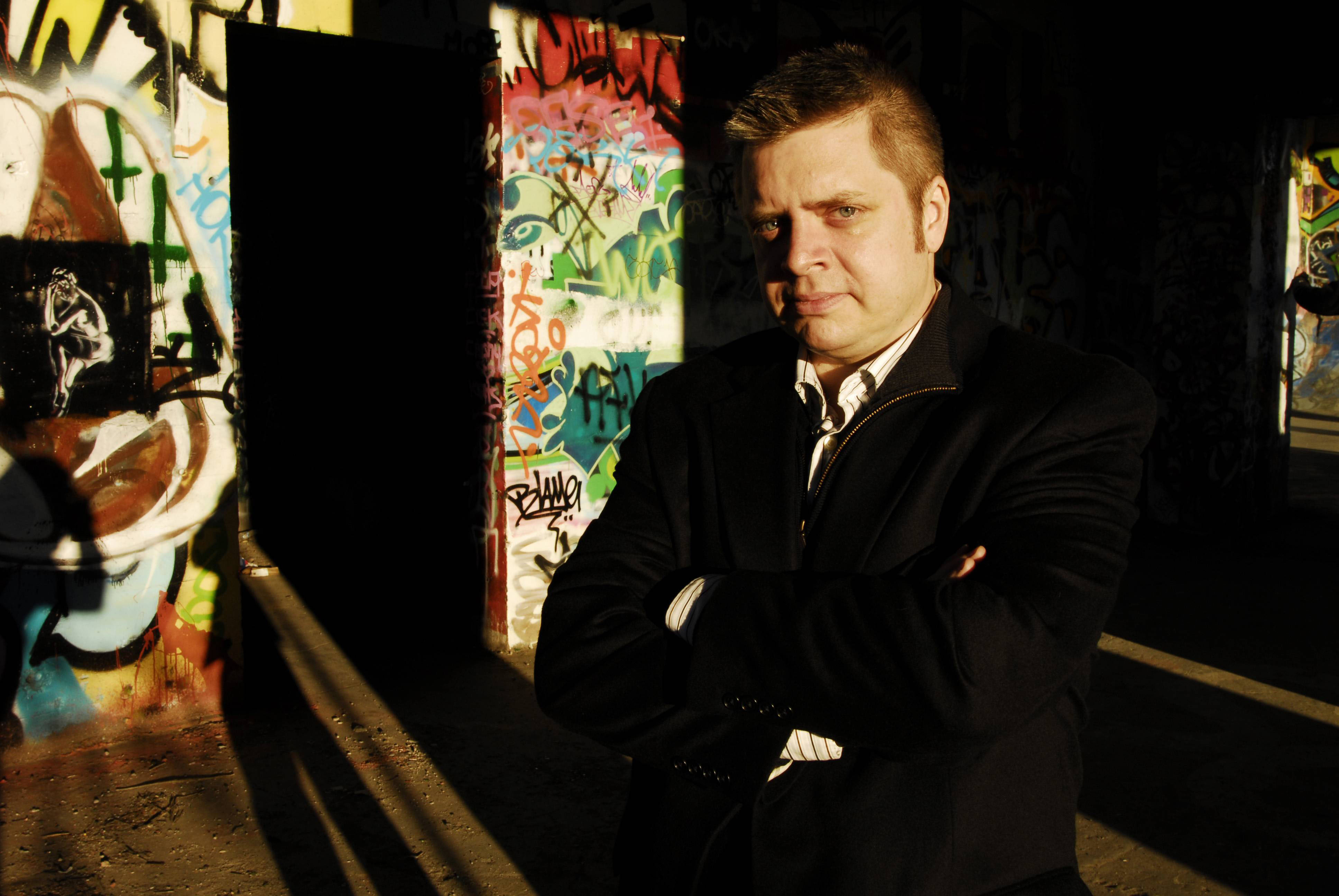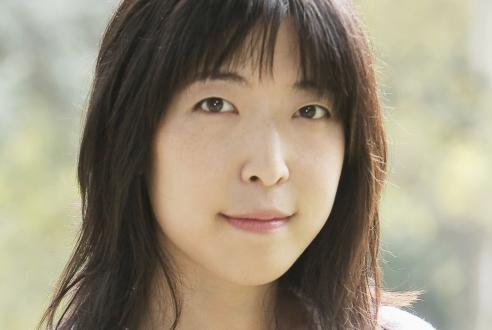Paul Harding is most recently the author of Enon. He previously appeared on The Bat Segundo Show #364.
Author: Paul Harding
Listen: Play in new window | Download
Subjects Discussed: William Faulkner’s Yoknapatawpha County, the relationship between Enon‘s Charlie Crosby and Tinkers‘s George Washington Crosby, Quentin Compson, dilettantes, Mark Slouka’s Brewster, Ross Raisin’s Waterline, the grief novel, blackouts, Greek mythology, Hallmark cards, spooky Halloween ghost stories, the Kübler-Ross model of grief, breaking your hand by smashing it into a wall, the many physical holes throughout Enon, Emily Dickinson, poetic dashes, what Charlie does for a living, living off meager insurance money, unemployed men in America, Harding’s disinterest in socioeconomics within fiction, house painting, avoiding the realm of fictional realism through mythology, John Cheever’s “The Jewels of the Cabots,” how a story announces its own priorities, the impact of grief on the work life, Franky Shuey, Easy Rider, self-reliant guys who work the seedy side of life, unreliable narrators, when the perspective of dreams is truer than reality, considering reader’s doubt of the facticity, unreliability as an act of bad faith, how readers determine the way in which a character is in bad shape, how common language is inadequate in describing extraordinary emotional experience, projecting personal history on to a local collective history, human connection predicated on lies, not being able to use “man” in everyday vernacular, coming to terms with ignorance, clarity usurped by dreams, the oneiric morass inside the skull, when communities enforce timetables on how to grieve, Mrs. Hale, pious matriarchs in small towns, moral standards, pardoning grievers for their morbid fantasies, violence and grief, the Protestant notion of “I am thou,” parallels between civilian grief and military grief, being familiar with the local graveyard, Harding’s stint playing in a marching band, Marilyn Robinson’s influence, fire and brimstone types, Charlie’s largely secular journey, Karl Barth, Emerson’s connection with Calvinism, leaving the church in order to find God, Emily Dickinson as “no hoper,” speaking in William Tyndale’s English, “burning strange fires” and burning the memory of your daughter, improvising a religion by worshiping the dead, making coffee and tea from ashes, coming to terms with our national history of religiosity, verifying the story of Noah’s Ark, how Moby Dick is true, bowling as an indelible part of American heritage, candlepin bowling, Charlie’s relationship with sound, grief compared with an organ chord, silence and secular prayer, thinking about emotions musically, homes in Tinkers and Enon, the home as an onion, phantoms, the impermanence of location when considered from a historical perspective, Cheever’s “The Pig Fell Into the Well,” spending your time ruminating, the correct pronunciation of “Aloysius,” how reading informs mispronunciation, old photos, the temporal bandwidth of a small town, drawing from crumbs, defining originality, Kantian notions of space and time, and the connection between originality and experience.
EXCERPT FROM SHOW:
Correspondent: I have to ask about Charlie Crosby. He is the protagonist of Enon. He appeared in an early part of Tinkers, where he is seen reading as a child to his grandfather, who is George Washington. And in Enon, he calls himself “a reader’s reader.” Yet we are not really entirely sure what kind of scholar he is. Whether he’s professional or some sort of amateur autodidact. So I’m wondering. To what extent did you map out the Crosby family? And is there room for Cathy Lee and David in the family line?
Harding: (laughs) Well, I improvise things as I go along. Because I think technically I fudged the family a little bit. Because in Tinkers, I think Charlie has a brother.
Correspondent: Oh yeah.
Harding: Named Sam. And I pulled the Faulkner Yoknapatawpha card.
Correspondent: I figured. How very portentous of you.
Harding: Well, it’s one of those things where the Quentin Compson of Absalom, Absalom! is not the Quentin Compson of The Sound and the Fury. And so I keep these characters in this loose fictional world in this fictional family. But I never sacrificed the story to the rigors of genealogy. And I think you hit the term right on the head. I think of him like an autodidact. He’s a little bit better than a dilettante.
Correspondent: Well, let’s actually defend the dilettante here, Paul!
Harding: (laughs) I know!
Correspondent: I mean, they are, after all, your readers.
Harding: Right. We’re all professional dilettantes.
Correspondent: We’re all dilettantes.
Harding: Yeah. Well, I think of him as reading aloud on his own.
Correspondent: This book reminded me of two other books. I’m not sure if you’ve read them. Mark Slouka’s Brewster, which came out earlier this year, dealt with grief by looking at it from a long distance ahead. It was set in the 1960s. There’s another book which, really, you must read. Of course, both of the books are great. Ross Raisin’s Waterline. Are you familiar with that?
Harding: No. I haven’t heard of either of those.
Correspondent: Oh my God! This book is about a guy. He loses his wife. He’s a Scottish guy. He’s unemployed. He ends up getting on a bus and working in a London hotel restaurant and gets totally exploited and then ends up drifting into homelessness.
Harding: Sounds like another musical comedy.
Correspondent: Exactly! Well, you have written a book. I”m talking about one book that deals with grief as a surrender of time, which is Brewster. And with Waterline, it’s a book that deals with grief as a capitulation of place. You’ve written a grief novel — if we can call it that, if that’s a genre — that involves the surrender of both time and place. There are porous months that just flit right by, often because of Charlie’s blackouts with pills and whiskey. I’m wondering why you think grief in fiction tends to explore this erosion of time and space more than real life. Was this one of the appeals of working on Enon?
Harding: I think it has to do, in my instance, with the way that I line up what I think of as the subjects and predicates when you’re writing narrative fiction. So I don’t think of myself as having written a book about grief. I wrote a book about Charlie, who is grieving. Because the danger is that — and this is the danger from the end of writing fiction. For me, if you think of grief thematically or objectively, as it were, the danger is that then you’ll spend all of your time making your character conform to your preconceived ideas of how grief is experienced. And so I think of the books that I write as very, if not anything else, experiential. So the hallmark of fiction is character. The hallmark of character is consciousness. The hallmark of consciousness is the experience of being in time.
Correspondent: Just so long as there’s no Hallmark cards.
Harding: Right.
Correspondent: Let’s avoid cliche in this conversation.
Harding: (laughs) Right.
Correspondent: You get three hallmarks.
Harding: So the whole idea is that time accelerates or decelerates or explodes or compresses, according to Charlie’s experience of it. So then I’m not imposing any of my preconceived notions of what happens when you’re grieving on to him. And then I just followed his lead in terms of what he found himself thinking. When I gave him the resources of knowing the town’s history and all that sort of stuff. And then he was able to superimpose his daughter, the memory of his daughter, in with all the different compounded times of the town. And I think of all these things as almost like Perseus and the mirror. He can’t look at Medusa. You can’t look at the tragedy head on or you’ll perish. You’ll turn to stone. So all of these other narratives, these other books, the history of the town, are things that I give him through which he mediates the memory of his daughter so he can try to negotiate it, be equal to it, without basically doing himself in.
Correspondent: But it is interesting that you have to choose. I mean, here’s the thing. You write fiction. You’re trying to align life to a narrative. But in the case of grief, you actually have to choose far more than a lot of other life experiences in fiction.
Harding: It’s more extreme.
Correspondent: And I”m wondering what you do to account for things you can’t include in choices you have to make. It seems to me like it would be a much harder proposition as a fiction writer.
Harding: Yeah, I think it is. I mean, when I first got the idea for the book, I thought, “Oh boy! It’s like a spooky Hawthornesque, Emily Dickinsonian.” You know, the kind of first-person death poem. The posthumous poems and everything. And then, within writing half a page of the book, I realized, “Wait, this is incredibly tragic.”
Correspondent: You thought this was going to be a barrel of laughs. (laughs)
Harding: Well, I thought it would be a Halloween spooky ghost story. But of course, the premise then is much more tragic. And so I thought more about Greek tragedy and Shakespearean tragedy and just the myths. Orpheus and Demeter and Persephone. A grieving parent going down to the underworld to fetch back a child. And it was. It turned out to be an incredibly difficult subject to write about. But to me, that was almost a guarantee of quality control. If you’re writing a story about a parent who’s suffering the life of a child, you take one false step in any direction and you’ve got melodrama, sentimentality, maudlin. You’re just ringing cheap emotion out of the inherently sad, tragic nature of things. So just as a writer, I was interested in trying to rise to that occasion. Trying to write the novel that I felt that I was actually not good enough to write when I started.
Correspondent: This is interesting. Because if melodrama is always the risk in looking at a death poem or looking at grief, in this case what’s remarkable about Charlie is that he doesn’t at least audibly beat himself up. He certainly does it with the pills and with the whiskey and all that. But he never really gets beyond that first stage of grief of the Kübler-Ross model.
Harding: Never heard of it. That’s the thing. The Kübler-Ross model — that’s been a subsequent description, which is interesting. But I see him as wrestling with his conscience. I seem him as essentially being very aware of the fact that he’s ashamed of who he’s become since she’s died. And then that gave me an opportunity to explore a universal dramatic human predicament, which is not doing the right thing. Knowing what the right thing and not being able to do it. Him understanding. Being on the couch and being paralyzed and becoming addicted to drugs and then breaking into people’s houses. He understands the whole time that that’s wrong. And yet he can’t stop himself.
Correspondent: But he is in that denial stage pretty much for this one year of grief.
Harding: I suppose that’s one way of looking at it. I just saw it as him having his attention on. Because maybe if he’s denying other things, it’s because they’re at the expense of what he finds most important and most pressing about the experience.
Correspondent: Why didn’t he get angry over this? I mean, he’s a very, very…
Harding: He breaks his hand. He punches the window.
Correspondent: Well, that’s true.
Harding: He breaks his hand. You know, he’s not a particularly violent guy. So I think the anger is diffused by his conscience. So I think it’s a subtle thing. But it’s funny. I had a scene in an early draft of the book where he runs through the house and breaks the whole house to pieces. And it never seemed authentic. You know, he’s more Thoreau. The quiet lives of desperation. The drama is interior with him. And so the anger is more diffused. I think it refracted prismatically through his conscience. So it dispersed in a subtler way.
Correspondent: But here’s the weird thing about when he punches the wall with his hand. As a reader, I was very well aware of the many holes in this book. And by holes, I mean literally. Just tons of holes. There’s everything from the cribbage board to the golf course to the holes in the cemetery to the holes that he punches into the wall.
Harding: And then he cuts a hole in the wall at the end.
Correspondent: Of course. There’s that. To the hole in the caretaker’s throat.
Harding: That’s funny. I wasn’t aware of those things.
Correspondent: It’s because this book is so, for lack of a better word, hole happy, I didn’t see that gesture of him smashing the wall as an absolute indignant one. Even though it is. But at the same time, it just seems to me that that is his way of connecting with his home.
Harding: Could be. It’s the cathartic moment then.
Correspondent: Well, what of all the holes? I mean, the landscape in this book is just utterly porous. And I was wondering about that. Why it ended up that way. It seems to me there was no conscious plan.
Harding: Your guess is as good as mine! I mean, that happened with Tinkers. I realized that the book was composed of a series of houses that were imperiled, where nests were disappearing or falling. And I didn’t consciously put that in the book. And so here, it makes sense that the portal between this life and the next are doorways, I suppose. And he spends a lot of his time trying to break through the doorways or climb down through the grave or something like that. And the guardian angel of the book was Emily Dickinson and the way that she crosses through the portals or the rabbit holes or whatever between this life and an imagined metaphysical realm passing this life. So I guess that inevitably that verbiage and imagery would naturally precipitate into the language.
Correspondent: And yet dashes really aren’t that much of a part of this book.
Harding: No. Not this time. (laughs)
(Loops for this program provided by cork27, djmfl, 40a, Cyto, and mingote.)
The Bat Segundo Show #521: Paul Harding II (Download MP3)
This text will be replaced






